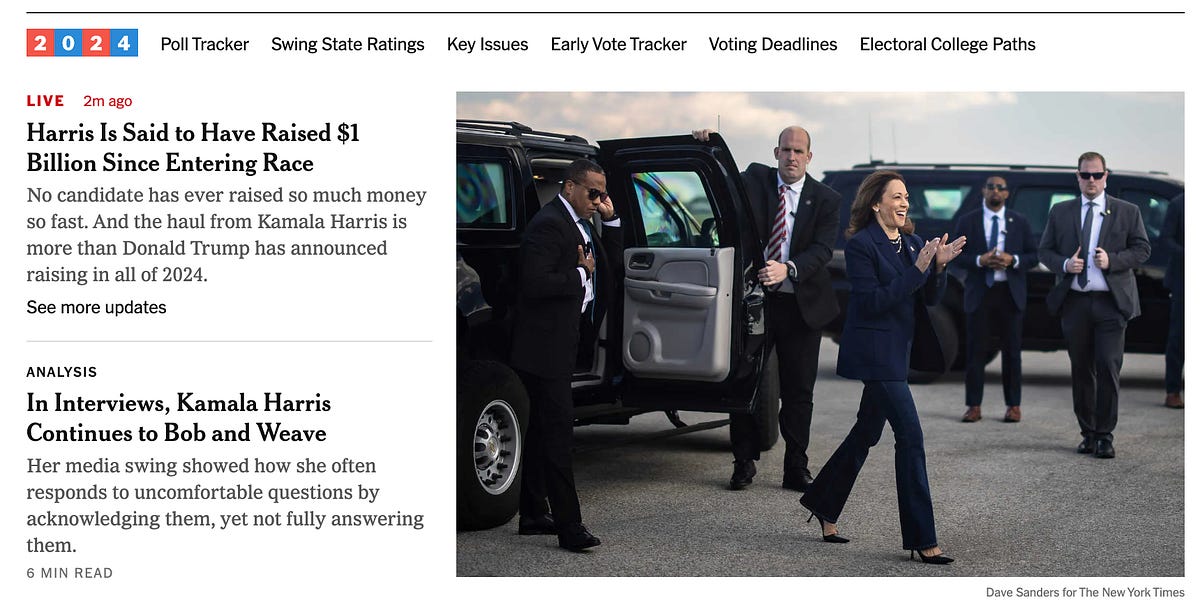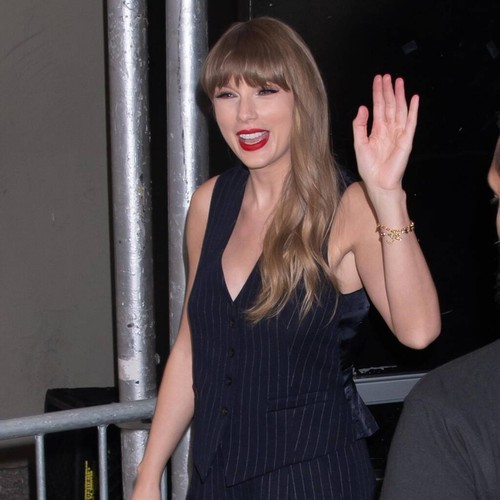Walt Disney’s ESPN has signed a long-term exclusive agreement with casino operator Penn Entertainment, licensing its brand for sports betting and deepening the media giant’s ties to the growing online gambling business.
Penn will have the 10-year right to use the ESPN Bet name in the US, the company said in a statement Tuesday. Penn will rebrand its Barstool sportsbook with ESPN starting this fall. The company will continue to operate as theScore Bet in Canada.
Penn also said Tuesday it’s selling all of its Barstool Sports Inc. subsidiary to David Portnoy, who founded the sports and pop culture media company, in exchange for a non-compete and other agreements. Penn has the right to get half of the proceeds received by Portnoy in any subsequent sale of Barstool.
Penn shares jumped as much as 35% in after-market trading to $33.45, while rival sports-betting operator DraftKings Inc. fell as much as 10%. Disney shares were mostly unchanged.
Penn will make cash payments totaling $1.5 billion over the 10-year term and grant ESPN $500 million of warrants to purchase Penn shares. ESPN will have the right to designate one, non-voting board observer at Penn. The casino company can extend the term for another 10 years by mutual agreement. Penn said the deal could generate between $500 million and $1 billion in annual earnings before interest, taxes, depreciation and amortization.
ESPN already has ties to sports gambling, though it has steered clear of taking actual bets. It has betting-related shows and marketing deals where links to sportsbooks are integrated into ESPN’s website. Disney also acquired a stake in DraftKings as part of its acquisition of Fox’s entertainment assets in 2019.
But for the past two years, ESPN has been exploring a more expansive sports betting deal, holding talks with several major sportsbooks. Sports gambling companies have invested heavily in marketing their own brands and some were reluctant to give that up to take the ESPN name. Barstool’s sportsbook, however, has captured relatively small market share compared with the industry giants, FanDuel and DraftKings.
ESPN has been trying to strike a delicate balance. It’s trying to generate new sources of revenue as customers cancel traditional cable-TV service. And it’s wanted to capitalize on the growing interest in sports betting as more states have legalized it. ESPN needed to proceed cautiously because a perception that it has become deeply involved in gambling could undermine the family-friendly image cultivated by Disney.
Starting in 2020, Penn bought Barstool in two transactions totaling more than $550 million, part of the growing convergence of sports, media and gambling. The casino operator launched sportsbooks under the Barstool brand name and said it helped the company reach a younger audience.
But the affiliation with Barstool also brought unwanted attention. On an earnings call in February of last year, Penn Chief Executive Officer Jay Snowden urged investors to be patient after articles on the website Insider detailed sexual misconduct claims against Portnoy. The accusations led gambling regulators in some states to review Penn’s business. Earlier this year, Barstool paid a $250,000 fine after regulators in Ohio found it broke rules on advertising near a college campus and targeting customers under 21.
In a video posted Tuesday on X, formerly known as Twitter, Portnoy said Barstool and Penn “underestimated just how tough it is for myself and Barstool to operate in a regulated world.” He suggested that Barstool had been denied state gambling licenses because of him, and that he has no plans to sell Barstool sports again.
“For the first time in forever, we don’t need to watch what we say, how we talk, what we do,” Portnoy said. “It’s back to the pirate ship.”
























































![Key Metrics for Social Media Marketing [Infographic] Key Metrics for Social Media Marketing [Infographic]](https://www.socialmediatoday.com/imgproxy/nP1lliSbrTbUmhFV6RdAz9qJZFvsstq3IG6orLUMMls/g:ce/rs:fit:770:435/bG9jYWw6Ly8vZGl2ZWltYWdlL3NvY2lhbF9tZWRpYV9yb2lfaW5vZ3JhcGhpYzIucG5n.webp)















